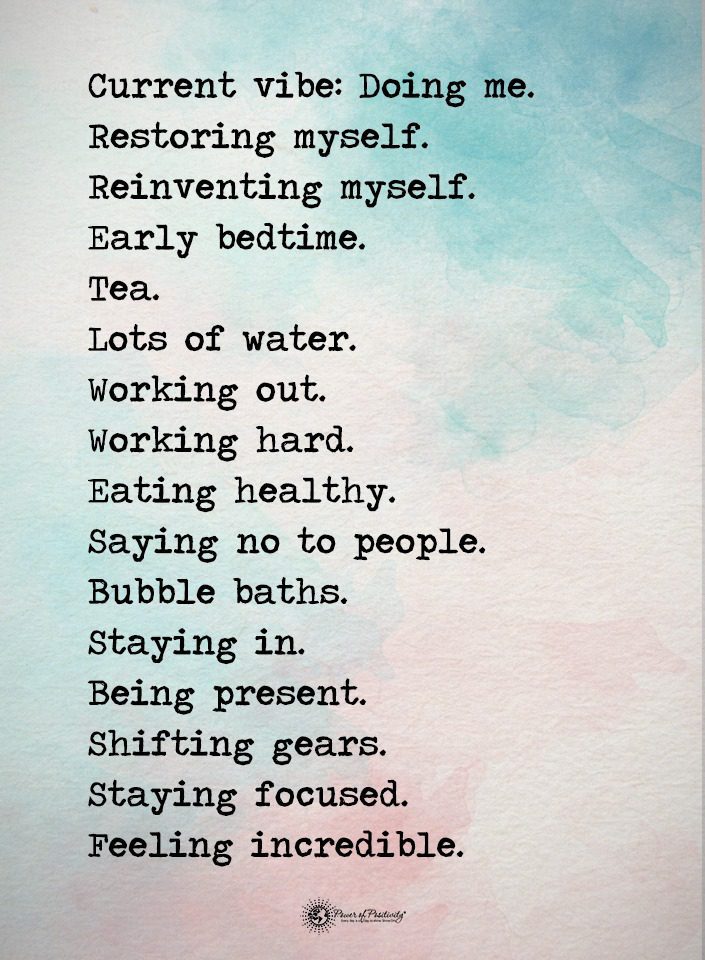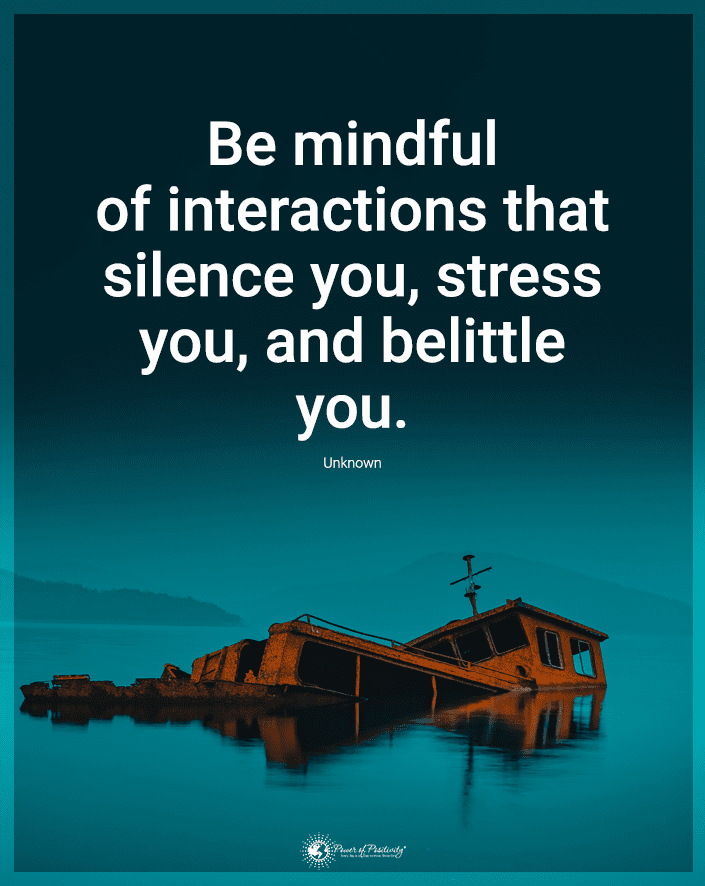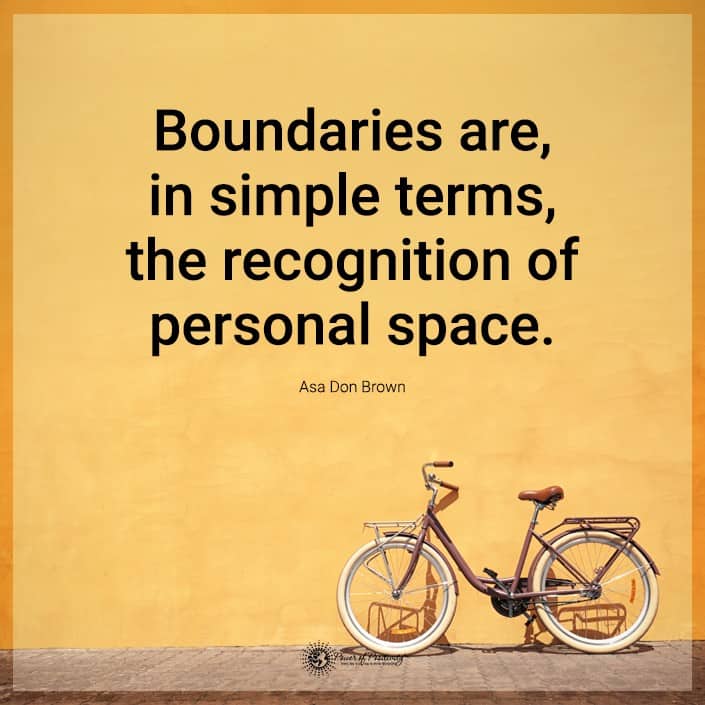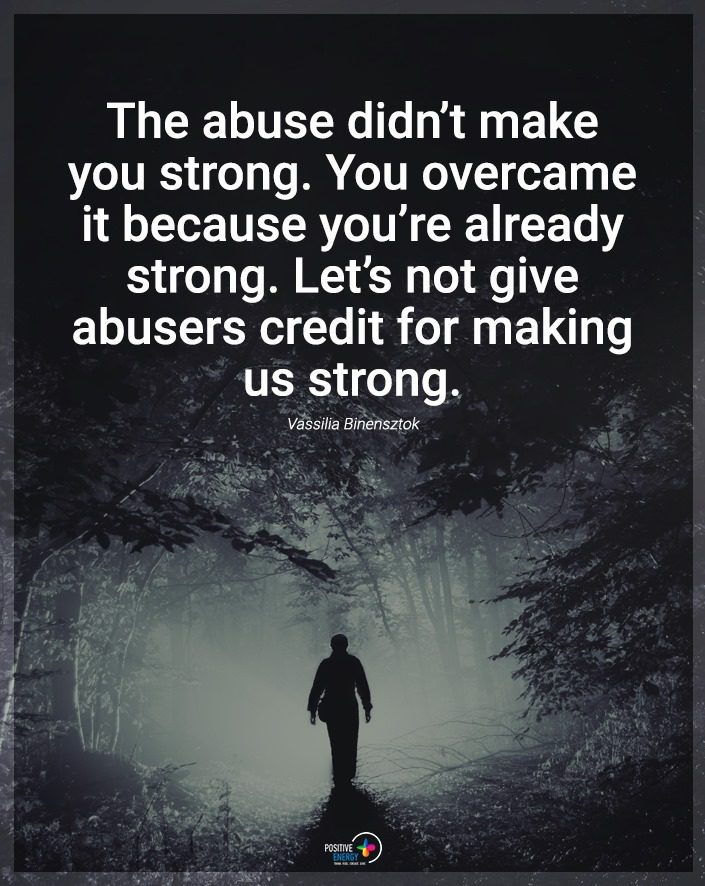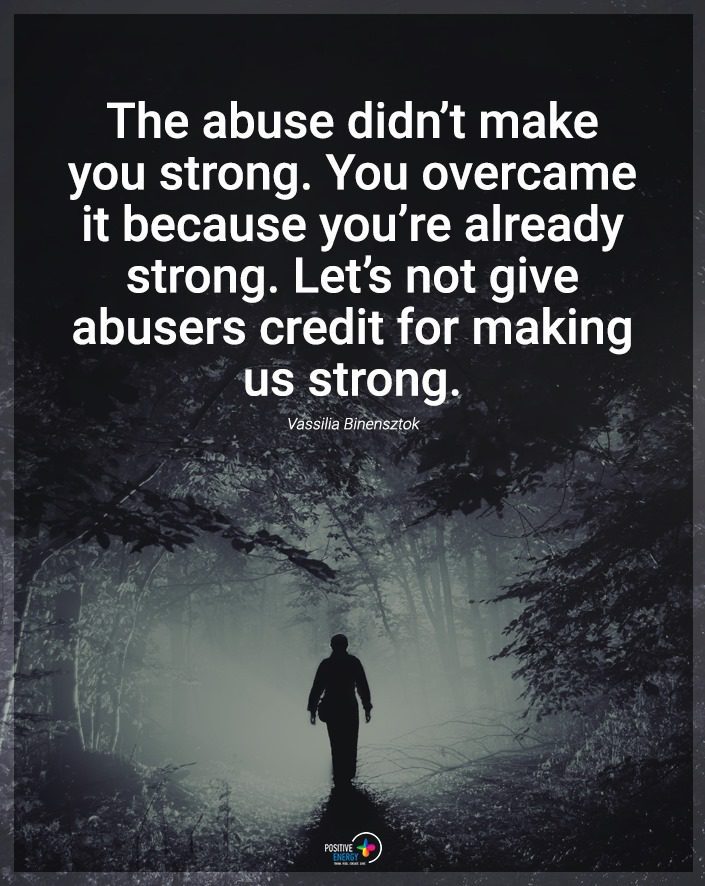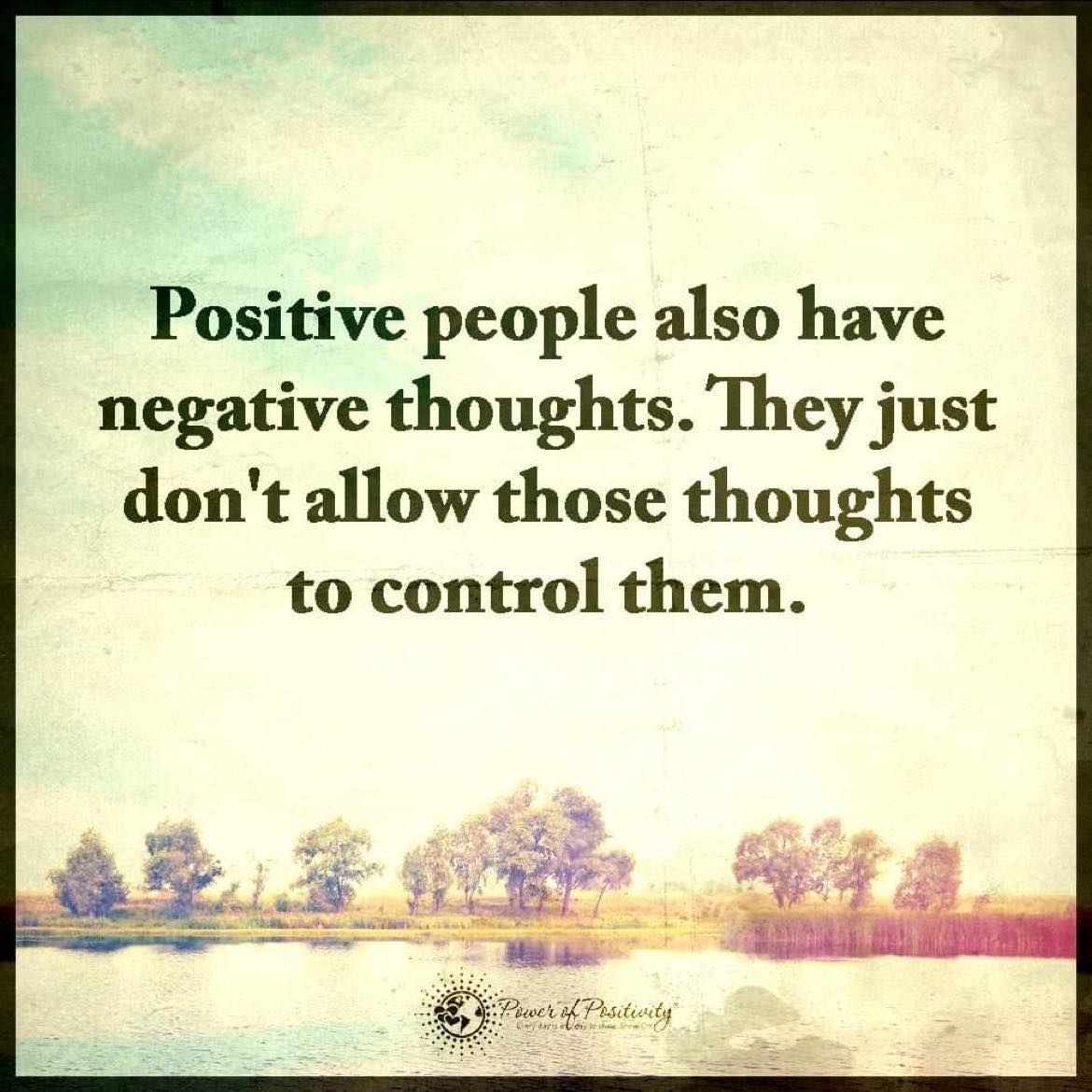Time management is a critical skill in today’s fast-paced society. With so many responsibilities and distractions, it can be easy to fall into time traps that can waste precious moments. Ultimately, this leaves you feeling stressed and overwhelmed. From procrastination to multitasking, these time traps can significantly impact your productivity and well-being.
By recognizing and avoiding these traps, you can optimize your time and achieve more of your goals. Avoiding time traps can be challenging, especially if they have become a habit. Habits are difficult to break, and it can take time and effort to establish new, healthier habits that support effective time management. However, it’s not impossible. And the benefits of avoiding time traps are worth it.
By recognizing and addressing these time-wasters, you can become more productive, reduce stress, and improve your quality of life. It takes a proactive approach and a commitment to change. But with effort and persistence, overcoming these time traps and optimizing your time is possible. This can lead to increased success and satisfaction in your personal and professional lives.
6 Time Traps Everyone Should Avoid

1. Procrastination
Procrastination is the tendency to delay or postpone tasks or activities. It is a common problem that many people face and can hurt productivity, well-being, and quality of work. Procrastination can take many forms, including putting off tasks, avoiding responsibilities, or simply not starting a task until the last minute.
It can occur in personal and professional settings and have far-reaching consequences. Some of these consequences are decreased productivity, reduced quality of work, and increased stress levels. Many factors, including fear of failure, a lack of motivation or interest in the task, or an unrealistic workload, can cause procrastination.
Sometimes, it’s about the perception that the task is too complicated or simply a tendency to prioritize immediate pleasure over future benefits. Procrastination can have a significant impact on an individual’s life and can lead to long-term negative effects. Some adverse effects are decreased self-esteem, strained relationships, and reduced career opportunities.
Many strategies can help you stop procrastinating. Some people like to break down larger tasks into smaller, more manageable steps and set achievable deadlines for each step. Some find a friend or colleague to hold them accountable for their progress.
Having someone check in on you can motivate you to stay on track. You must remember to start the task even if you don’t like it. Take small steps towards completion. The momentum will often carry you forward.
2. Multitasking
Multitasking is performing multiple tasks simultaneously to increase efficiency and productivity. While it may seem a good idea, research has shown that multitasking can harm productivity. It can also be harmful to your mental and physical health. For example, it can lead to physical symptoms such as headaches, fatigue, and eye strain.
When people multitask, their brains must constantly switch between tasks. This can lead to decreased focus, increased stress levels, and reduced overall quality of work. Multitasking can also lead to decreased cognitive function and reduced memory capacity. The brain struggles to store information and recall details from multiple tasks.
Even though you might like to feel like you are doing everything at once, you need to stop consciously. Learn how to give every task your undivided attention. Disable notifications on your phone and computer to avoid interruptions and distractions. Find a quiet and organized space to work, eliminate sources of distraction, and focus on the task at hand. Make sure you get rid of whatever else can be considered a distraction.
Make a to-do list and prioritize tasks based on importance and urgency. Focus on completing one task before moving on to the next. Set a timer for specific tasks and focus on completing them within the designated time frame. Regularly take breaks throughout the day to rest and recharge. This can include stepping away from screens and engaging in some physical activity. Any of these strategies will help you stop multitasking.
3. Distractions Can Sap Your Time
Distractions are a typical time trap that can lead to decreased productivity and wasted time. They come in many forms, including notifications on your phone or computer, emails, social media, loud noises, etc. When people are distracted, it takes time for the brain to refocus and get back on track. Distractions can significantly impact our ability to focus and be productive, as they cause constant interruptions to our workflow.
The brain is designed to process and respond to new information, and when a distraction presents itself, the brain is naturally drawn to it. This process takes time as the brain switches its focus from one task to another. Repeated interruptions and attention shifting can lead to decreased productivity and a lack of focus. This makes it challenging to complete tasks in a timely and efficient manner. It also causes the brain to work harder, increasing stress and decreasing motivation.
Thankfully, there are some things you can do to stop being distracted. Turn off non-essential notifications on your phone, computer, and other devices to reduce interruptions and stay focused. It’s not good to get messages from friends when you are busy because you’ll get the urge to drop everything to respond. Utilize software or browser extensions that block access to distracting websites or apps during specific times of the day.
Set up a dedicated workspace free of distractions, such as a quiet room or a desk away from noisy areas. Reduce exposure to distractions by closing doors, using noise-canceling headphones, or using other tools to create a quiet and distraction-free environment. And make sure to keep your workspace organized. This way, you can quickly find what you need and focus on the task.

4. Disorganization
Disorganization can come in many forms, from cluttered workspaces to schedules and to-do lists. To tackle disorganization, it is essential to understand the root causes. Sometimes, you’re disorganized because of poor time management habits or a lack of planning and prioritization. Sometimes, it’s because of an inability to say no to additional tasks.
By reducing distractions and focusing on the most critical tasks, you can increase your productivity and reduce the stress that often comes with disorganization. Establishing good habits and routines is essential to avoid disorganization and make the most of your time. For example, setting aside time each day or week to organize your space and schedule can help you stay on top of everything.
Calendars, to-do lists, and productivity apps can help you prioritize tasks and manage your time more efficiently. Establishing healthy boundaries and learning to say no to tasks or commitments that are not critical to your goals is also essential.
5. Poor Prioritization
Poor prioritization is another ordinary time trap leading to wasted time and decreased productivity. This can happen when you are not clear on your priorities or lack the skills to prioritize effectively. As a result, you may work on tasks that are not critical to your goals. Maybe you’re even spending too much time on tasks that could have been delegated or outsourced.
Poor prioritization can also result in missed deadlines, increased stress levels, and a general feeling of overwhelm. To avoid poor prioritization and make the most of your time, it is essential to assess your goals regularly. Establish clear priorities, and develop a system for prioritizing tasks.
One practical prioritization approach is the Eisenhower matrix, which categorizes tasks based on urgency and importance. By regularly reviewing your to-do list and prioritizing tasks based on this matrix, you can ensure that you focus your time and energy on the tasks most critical to your success. Another important aspect of prioritization is learning to delegate or outsource tasks that are not critical to your goals.
6. Overcommitting Your Time
Overcommitting occurs when you take on too many tasks, projects, or responsibilities. This usually leads to a feeling of overwhelm and a lack of focus. When you overcommit, you spread yourself too thin. Eventually, you’ll end up struggling to keep up with all of your responsibilities. This can lead to missed deadlines, decreased quality of work, and an increased sense of stress and burnout.
The constant overwhelming feeling and the pressure to meet multiple deadlines can lead to increased stress and burnout. Overcommitting can leave little time for personal relationships, leading to feelings of loneliness and isolation. It can even lead to neglect of self-care, including physical activity and proper nutrition.
To avoid overcommitting, it’s essential to be mindful of your current workload and to prioritize tasks based on importance and deadline. It’s also important to recognize that it’s okay to say no to new commitments if you already have a full plate. Prioritizing self-care and setting boundaries can also help prevent overcommitting and keep you refreshed and focused.

Final Thoughts on Time Traps Everyone Should Avoid
Time traps can be detrimental to your productivity and overall well-being. By avoiding procrastination, multitasking, distractions, disorganization, poor prioritization, and overcommitting, you can be more effective in your personal and professional lives. Be mindful of these time traps so that you can take steps to manage your time more effectively. By doing so, you can lead more fulfilling and successful lives.
Avoiding these time traps takes effort and a proactive approach. It requires self-awareness, the ability to recognize when you’re falling into one of these traps, and the determination to make changes. Implementing strategies like prioritizing tasks, staying organized, and setting boundaries can help reduce the impact of these time traps on our lives.
Be mindful of your time use, regularly re-evaluate your priorities, and ask for help when necessary. These actions can help you avoid these common time traps. But, if you aren’t determined to use some of the strategies listed above to learn how to use your time better, nothing will change. You achieve what you want when you are determined to be better.


